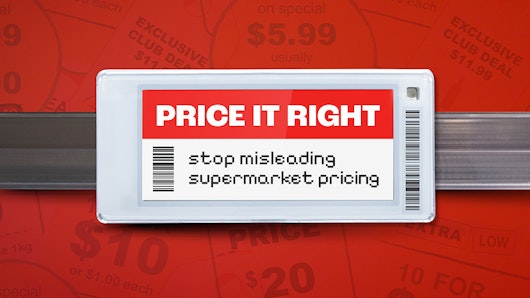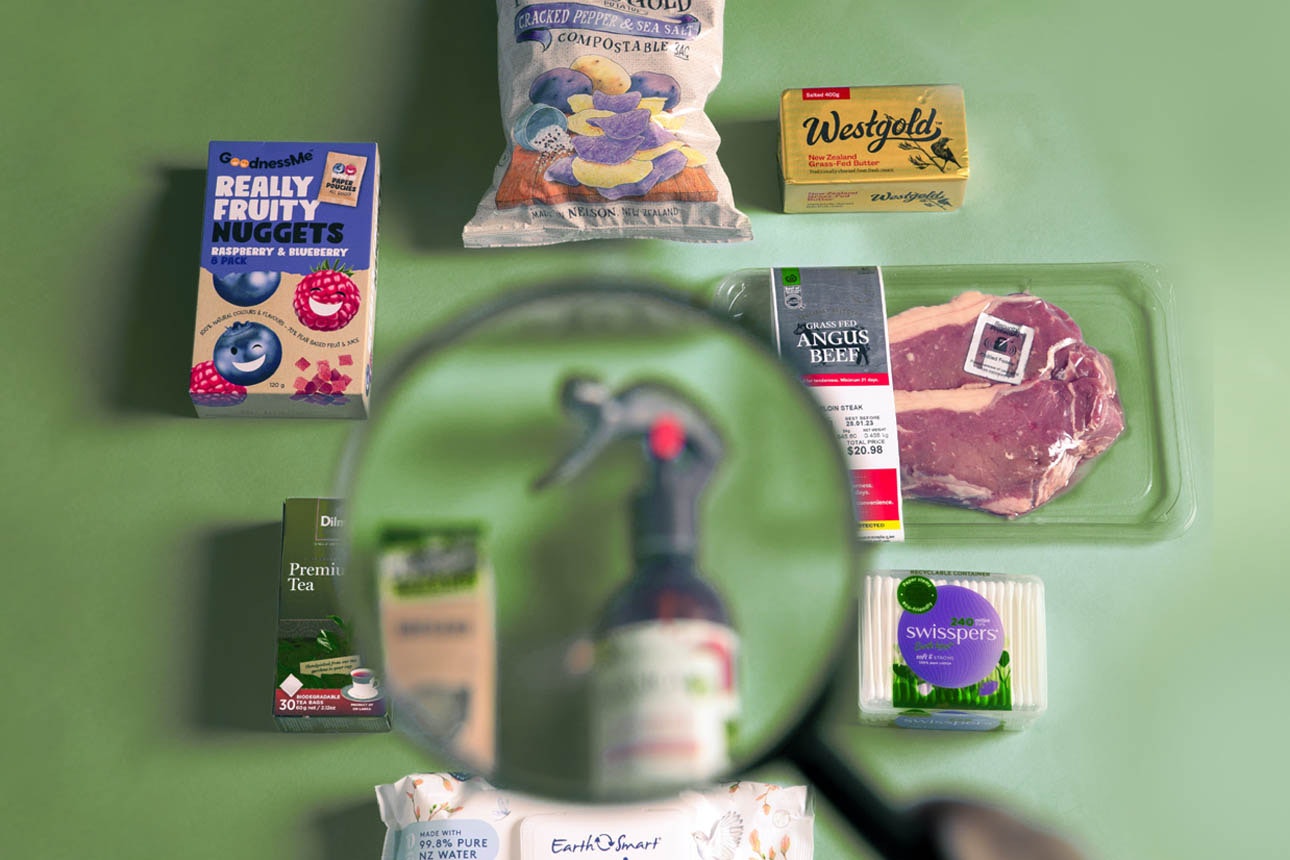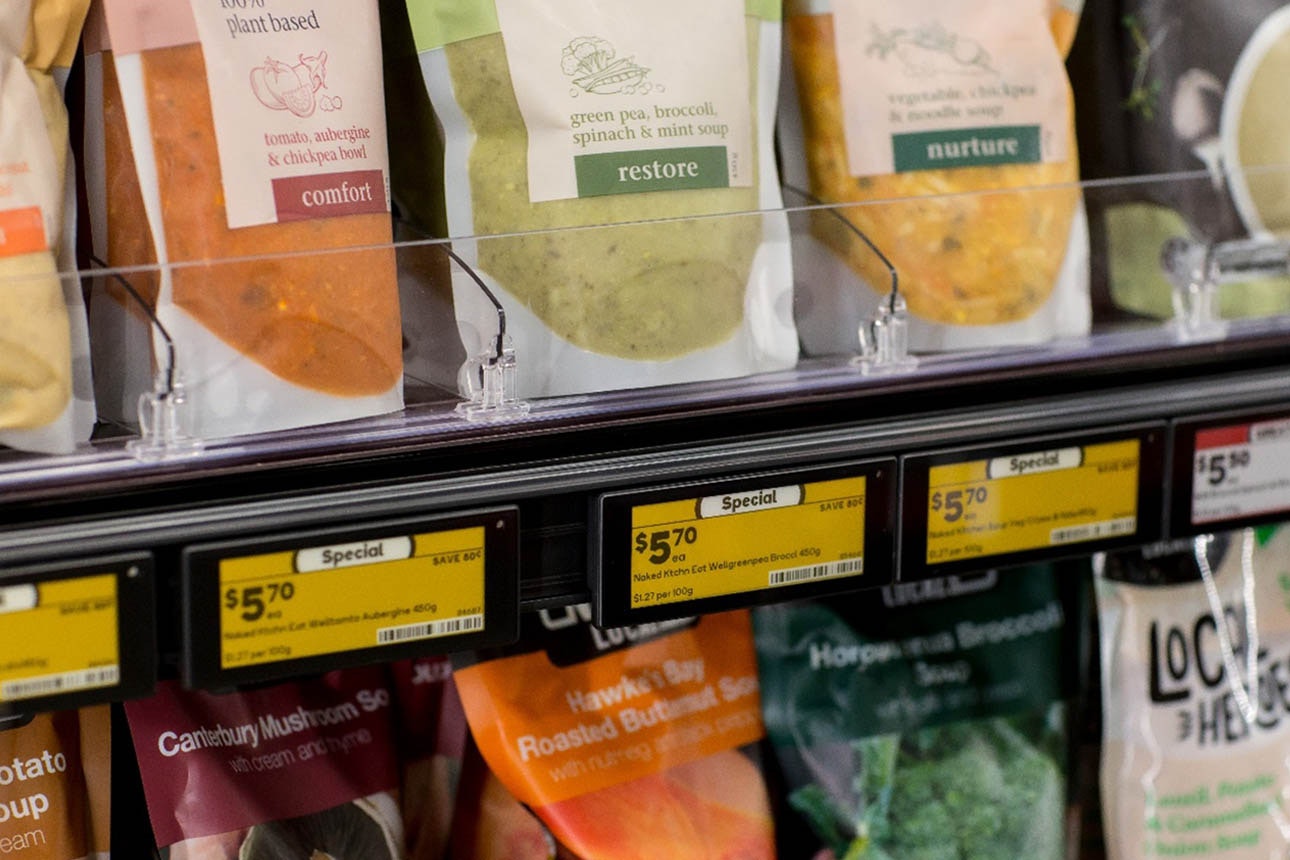
By Gemma Rasmussen
Head of Research and Advocacy | Tumuaki Rangahau, Taunakitanga
More changes are coming in the supermarket sector with the announcement of the Government's new Grocery Code of Conduct. The code requires Woolworths and Foodstuffs to pay on time, have plain English supply contracts, and deal with small companies “in good faith”.
With the first Grocery Commissioner Pierre van Heerden appointed in July and the Commerce Commission now monitoring the sector, the code means that the major supermarkets now face potential enforcement action of millions of dollars if they breach the code. In an instance where the commercial gain from the code breach can't be calculated, potential fines could be up to 10% of the supermarket's revenue during the accounting period of a breach.
The introduction of the code provides an opportunity for the Commission to make an example of the supermarkets when their dealings with suppliers are not up to scratch. The intent behind the code is clear: it sends a message to the grocery sector that its treatment of suppliers has been unacceptable in many instances and the days of exploiting its power over suppliers need to stop.
The Commission must build trust in the code and its ability to enforce it. It will need to take decisive action on complaints when they are received to give suppliers confidence that their concerns will be taken seriously. Enforcing the code will include monitoring and taking appropriate action against any supermarket caught engaging in retaliatory behaviour against suppliers who make complaints.

Commerce and Consumer Affairs Minister weighs in
When asked about the effectiveness of the code, Commerce and Consumers Affairs Minister Duncan Webb said, "The plan today is to look after our local suppliers because at one end consumers aren't getting a fair deal. At the other end, New Zealand suppliers who are making the food and growing the vegetables are not getting a fair deal either."
"Over the long term we expect this to be another step in making the whole supply chain, right from the field to the fridge a lot fairer and equitable, and we should see prices come down as a part of the whole package we've done around supermarkets over the last two years."
So, what do suppliers think about the introduction of the grocery code of conduct?
One anonymous supplier didn't hold out a lot of faith.
"I am pretty skeptical that this will make any difference. Personally, we didn't have too many issues with the retailers paying in a timely manner unless there was a dispute when it could take several months to close off. Getting fair value for products is still a very real concern for us, especially the difference between the wholesale price back to the supplier versus the retail price charged to the consumer."
"I can't see how this new code will make any difference at all to this. If suppliers complain, the retailer might possibly get a fine but what would the negative consequences be to the supplier? Losing at least one major customer and being left totally dependent on the other. I can't see suppliers sticking their necks out when there is a very real chance it might result in the destruction of your business."
How does this affect shoppers?
Food inflation is at its highest point in 36 years, and Stats NZ food price index indicated a 12.5% increase in food prices for the year ended in April. The cost of groceries is now a top source of financial concern for most households. For renters, concerns about purchasing food are now superseding their worries about making rent.
So, what does this code actually mean for grocery shoppers? It's likely there won't be any immediate change at the checkout. Still, if suppliers enjoy a more balanced playing field between themselves and the supermarkets because of the code, this could lead to fairer pricing and a greater diversity of products on the shelves.
Ultimately, this is one of many initiatives to create a healthier supermarket sector and unwind decades of duopoly dominance – but it's a slow-moving feast.

Make supermarkets price it right
Find out about our campaign to tell the government we need clear rules, stronger penalties and automatic compensation for shoppers.


